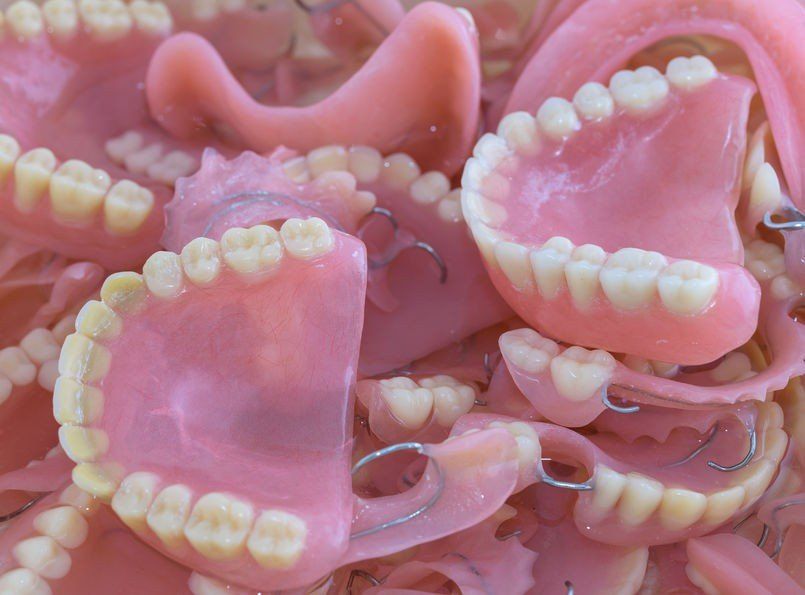Dentures Vs. Implants
When missing teeth, there are several options to pursue. If
there is only one tooth, most will usually choose a crown or a bridge to fix
the problem, but what do you do when you are missing, two, three, even four
teeth? What if something happens and you have to have them all pulled? In cases
such as this, it usually comes down to deciding on dentures or implants.
Fairly recently, the only option available for anyone missing large portions of teeth was dentures. In fact, it is very likely that anyone reading this has a parent or grandparent that has dentures. That has changed dramatically over the last couple of decades, improving both the types of dentures available as well as implants.
Dentures are complete sets of teeth that are molded to fit your mouth. They literally pop in and out and are usually removed at the end of the day for cleaning. The one drawback, though, is regardless of how good the dentures are, they will never give you that same feeling you have when you ate with your own teeth.
Implants are quite different. When implants are used, the dentist will put a titanium post to serve as the root of the tooth. The implant is then placed over the post to mimic the look and feel of an actual tooth. This offers the same feel as regular teeth and is also better for the jawbone. Because these teeth stay in all the time, the jawbone gets the support it needs. This is not the case when people leave their dentures out for extended periods of time.
One major consideration for people is the stability factor of implants. Since dentures are removable, people that have them will usually use an adhesive product to hold them in place. At times, the dentures may come loose from the adhesive, creating an embarrassing moment, not to mention the inconvenience.
The downside to implants is that they are going to be much more expensive than dentures. However, they will probably last much longer than dentures and the risk of them falling out or breaking while out of your mouth is obviously far less likely.
If you are considering getting dentures or implants, it is unlikely your dental coverage will cover the entire bill. However, you may be able to offset some of your dental costs with a New Hampshire senior discount dental plan. For more information about this plan as well as our family and small business plans, click here.











